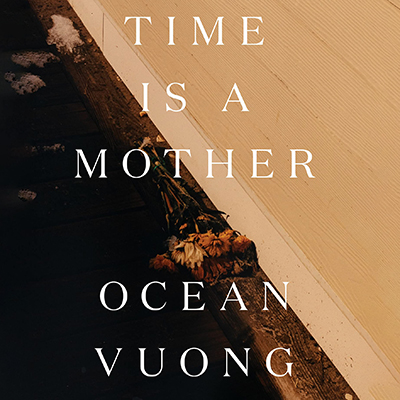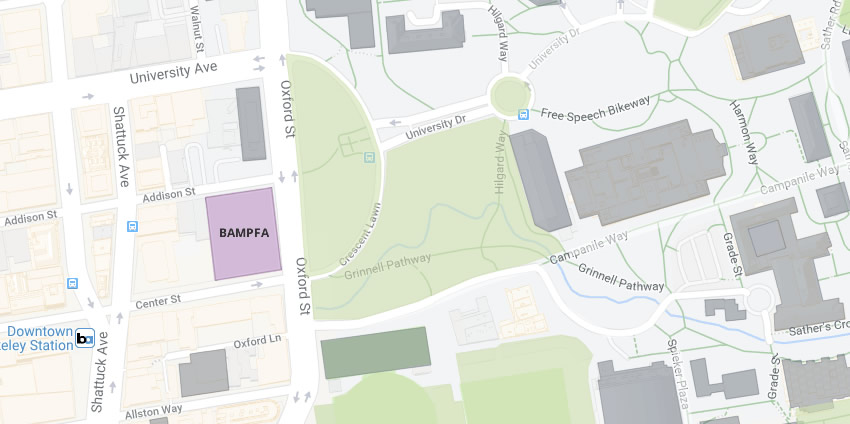
Ocean Vuong, the 2023-24 Avenali Chair in the Humanities, reads from his poetry and engages with questions from the audience.
Vuong is the recipient of a Pushcart Prize and MacArthur Foundation "genius" grant, among other awards. His most recent poetry collection, Time is a Mother (2022), was written after the publication of his celebrated novel, On Earth We're Briefly Gorgeous. Working in the wake of his mother's death from cancer at age 51 and during the darkest days of the pandemic, Vuong returned to poetry in order to wrestle with themes of loss, trauma, and memory, both personal and societal. “I was grieving, the world was grieving, and the only thing I really had was to go back to poems," he notes.
At age two, Vuong and his family fled Vietnam, lived in a refugee camp in the Philippines, and ultimately settled in Hartford, Connecticut. His mother, who suffered childhood trauma during the Vietnam War, made her living working in a nail salon. The first in his immediate family to learn to read in any language and the only one fluent in English, Vuong felt a deep sense of linguistic responsibility toward his mother: "I have to speak for you," he imagines saying to her. "I have to speak for your pain. I have to verbalize your humanity." Time is a Mother gives voice to that imperative.
Vuong's first book of poetry, Night Sky with Exit Wounds (2016), won numerous awards including the T.S. Eliot Prize, the Whiting Award, the Thom Gunn Award, and the Forward Prize for Best First Collection. In her New York Times review of Vuong's "remarkable" collection, Michiko Kakutani writes, "There is a powerful emotional undertow to these poems that springs from Mr. Vuong’s sincerity and candor, and from his ability to capture specific moments in time with both photographic clarity and a sense of the evanescence of all earthly things. Whether he is writing about war or family or sex, there is a presentiment of loss — wrought by violence, by misunderstanding or the simple ticking of the calendar and clock."
Cosponsored by the Arts Research Center



